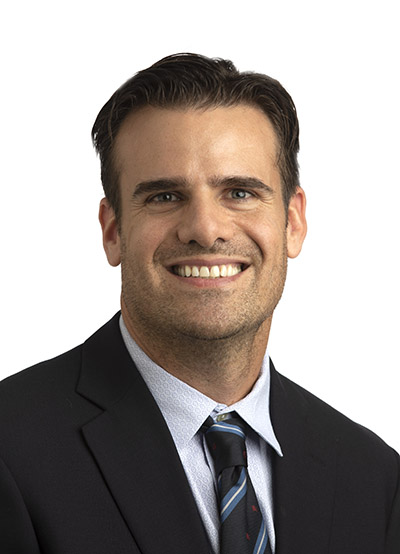Establishing first protocols for Alzheimer’s blood test
To achieve FDA approval of the first blood test for early detection of Alzheimer’s disease, UNT Health Science Center Associate Professor of Internal Medicine Sid O’Bryant has created an international working group to establish standards for blood collection.
O’Bryant, who has led development of the blood test at the Health Science Center in collaboration with the Texas Alzheimer’s Research and Care Consortium (TARCC), is working with representatives from across the U.S., as well as Australia, Germany, England and Italy to develop standards for Alzheimer’s research aimed at identifying blood-based disease markers. The working group, STandards for Alzheimer’s Research in Blood biomarkers (STAR-B), represents the first initiative for creating global standards for blood collection in Alzheimer’s analysis.
In addition, the collaborators are working to establish consensus on the data that must be presented in published work to ensure the ability to cross-validate results.
While international standard protocols for spinal puncture and brain MRI in Alzheimer’s research are either available or very far in their progress, no such protocols exist for drawing blood, handling blood samples or assaying blood samples relating to Alzheimer’s research. Just as with blood tests for diabetes or any other condition, such standards must be established before FDA approval can be sought for the test to be used clinically.
“We have to standardize the procedure, from the type of needle to the type of tube used to draw blood, the length of storage time, and whether the patient fasted or not,” explained O’Bryant. “Without these standards, we can’t progress to the next step of human clinical trials of the blood test.”
The standardization effort supports O’Bryant’s quest to use a blood test as a less invasive procedure to detect Alzheimer’s disease earlier on in its progression. Earlier detection and treatment can protect the brain from further degeneration. The availability of blood-based tools could save millions of dollars in drug trial screening and patient selection costs.
O’Bryant kicked off the STAR-B collaborative effort in 2011. “It’s a long process,” O’Bryant said. “Researchers have been working for over 10 years to get international standards in place and FDA approval for a lumbar puncture test for Alzheimer’s. We hope to establish protocols and seek FDA approval on our blood test within five years.”





Social media